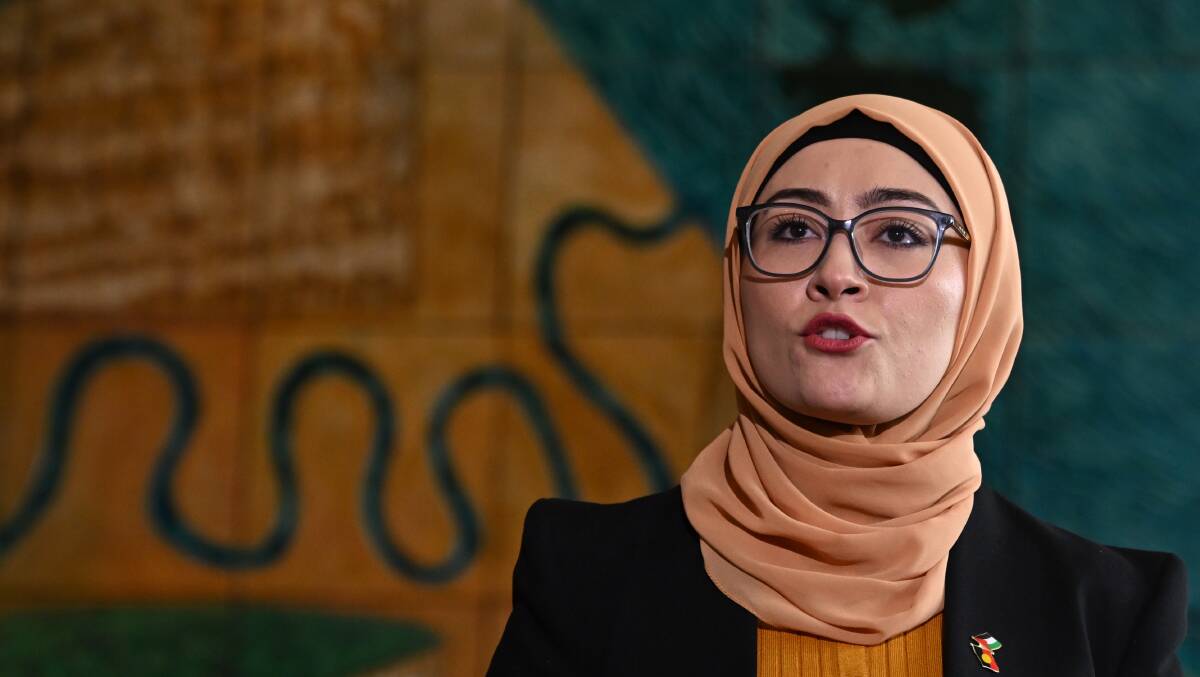A controversy has emerged over taxpayer-funded travel expenses claimed by federal politicians attending partisan political events, with five Coalition senators charging nearly $10,000 for their participation in a conservative conference and a former Labor senator billing over $4,000 for union solidarity activities.
The expense claims highlight ongoing questions about what constitutes legitimate parliamentary business and whether taxpayers should fund politicians’ attendance at ideologically driven events. Parliamentary rules allow politicians to charge travel costs when the “dominant purpose” involves parliamentary duties, but critics argue some recent claims stretch this definition beyond reasonable limits. The revelations come amid broader scrutiny of political expense claims and calls for greater accountability in how public money is spent on political activities.
Conservative Conference Costs Under Scrutiny
Shadow ministers Bridget McKenzie and Barnaby Joyce, along with backbench Coalition senators Alex Antic, Matt Canavan, and Keith Pitt, collectively claimed almost $10,000 in taxpayer-funded expenses for attending the October 2024 CPAC Australia conference. The annual Conservative Political Action Conference serves as a showcase for right-wing political activism and features former UK Prime Minister Liz Truss as its headline speaker.
McKenzie’s expenses totaled $2,780, covering flights between Melbourne, Brisbane, and Canberra, plus two nights of travel allowance and government car services. Pitt claimed $2,442 for flights and transport, while Antic billed $2,113 for travel expenses. Joyce’s claim reached $1,323 for flights and car services, and Canavan charged $857 for his journey from Rockhampton to Brisbane.
The politicians defended their attendance as legitimate parliamentary business. McKenzie’s spokesperson emphasized she was invited to speak in her official capacity as shadow transport minister and Nationals Senate leader, noting her speech received public attention and media coverage. Canavan argued that his presentation focused primarily on the government’s misinformation bill, which was under parliamentary consideration at the time before Labor eventually abandoned the legislation.
Union Solidarity Trip Draws Attention

Former Labor senator Fatima Payman charged taxpayers $4,060 for a Melbourne visit during which she headlined a public meeting supporting the Construction, Forestry and Maritime Employees Union (CFMEU). The union has been under federal administration following allegations of connections to organized crime, creating significant controversy within labor circles.
Payman, who has a background as a union official, appeared alongside Jade Ingham, a former CFMEU national president who was dismissed after the government’s intervention. The meeting was organized under the banner of defending the union against what supporters characterize as an unjustified attack on militant trade unionism.
The Perth-based senator defended her trip, stating she was proud to attend the event and emphasizing that no other politician was “standing shoulder to shoulder with the men and women who build this country.” She argued the public meeting was necessary because construction workers were bearing the cost of the administration and its “unaccountable bureaucrats.”
Broader Pattern of Controversial Claims
These expense claims form part of a broader pattern of controversial taxpayer-funded political travel. Payman has previously drawn attention for her travel expenses, including over $20,000 in family travel costs during the three months after she became an independent senator. Her expenses more than doubled during this period, partly due to an $11,100 “listening tour” around Western Australia that she had already represented for two years.
The CPAC attendance expenses have sparked particular criticism given the conference’s partisan nature and the fact that speakers typically receive compensation for their appearances. Critics argue that if politicians are being paid to speak at events, taxpayers should not also fund their attendance costs.
Questions About Parliamentary Business
The controversy raises fundamental questions about what constitutes legitimate parliamentary business worthy of taxpayer funding. While politicians argue their speeches addressed policy matters relevant to their parliamentary roles, critics contend that attending partisan political conferences and union solidarity meetings stretches the definition beyond reasonable bounds.
Parliamentary expense rules permit travel funding when the dominant purpose involves electorate duties, party political activities, or official business. However, the broad interpretation of these categories has led to increasing scrutiny of expense claims, particularly when they involve ideologically driven events that appear to serve partisan rather than public interests.
The debate reflects broader tensions about political accountability and the appropriate use of public funds in an era of increasing political polarization and activist engagement by elected representatives.

